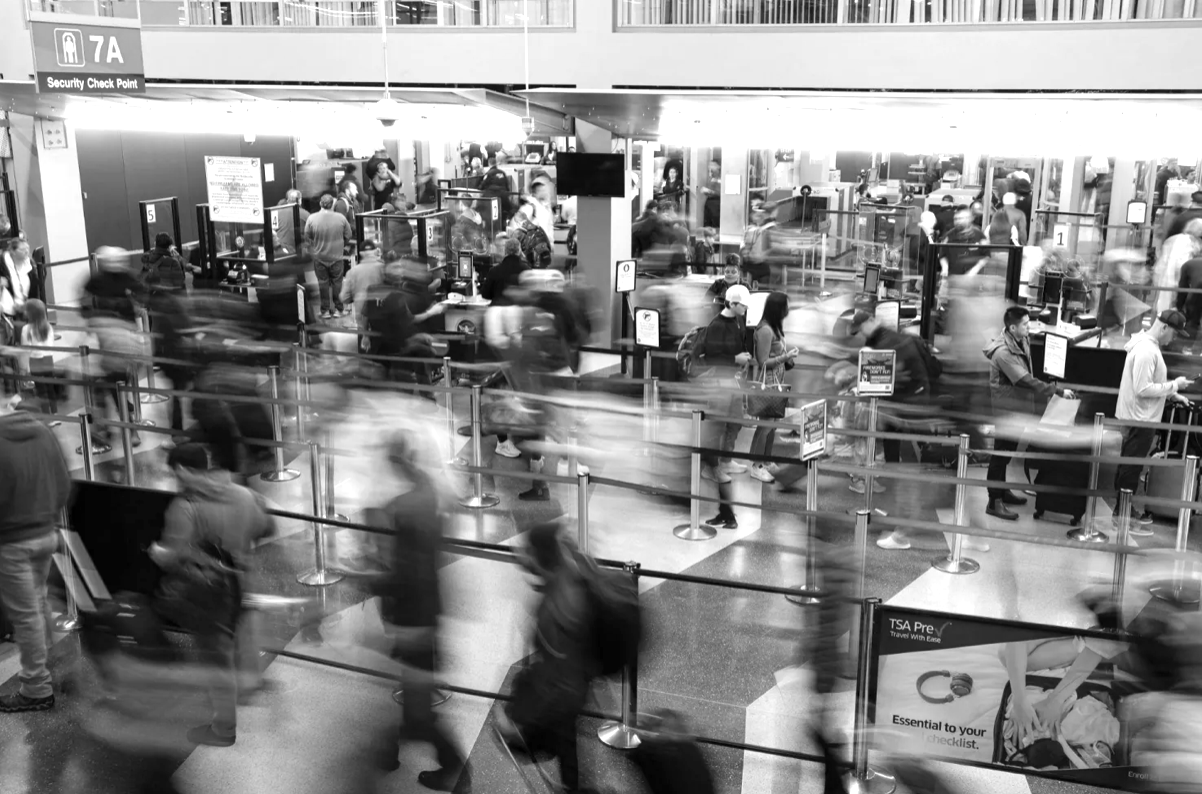
Journalist Safety Advisory: Traveling to the US
CPJ
04/17/2025
What are the risks?
If there is a chance that you are affected by the travel restrictions, consider whether travel is essential or if reporting can be conducted remotely. Journalists should assess the probability of the following risks and their own risk tolerance.
Prolonged questioning at U.S. borders
Anticipate increased questioning by border agents regarding political affiliations, work history, and coverage of sensitive topics.
If your work covers politically sensitive issues that the U.S. administration may view as critical or hostile, border agents may question you.
If you are traveling to or from a country affected by the U.S. travel ban or have dual nationality, ancestry, or other links to these countries, you may face additional scrutiny.
Device searches
The U.S. Customs and Border Protection agency (CBP) has the authority to search electronic devices without a warrant or probable cause.
Border agents may request access to your electronic devices, including passwords and social media details.
Complying means sensitive data could be copied and stored, risking the exposure of contacts, sourcing, and reporting material.
Refusing device access can raise suspicions and may lead to extended detention, device seizure, or further questioning. In some cases, refusal may prompt additional visa or residency status scrutiny, which can lead to potential delays or issues with future re-entry processing.
Denied entry
While legal challenges have led to partial reversals or modifications of past travel bans, border agents retain broad discretion to allow or deny entry, even in routine cases.
U.S. citizens and lawful permanent residents, green card holders, generally cannot be denied entry to the United States, but declining to answer questions may result in delay or further inspection.
Non-citizen visa holders or tourists can be denied entry if they do not answer an officer’s questions and should comply with their directives.
Citizenship status and entry risks
Dual nationals: Journalists holding dual citizenship (e.g., French-Syrian or British-Iranian) may face additional screening, visa delays, or entry denials. Using a passport from a restricted country increases these risks. Journalists with dual citizenship should carefully consider which passport they use for entry.
Lawful Permanent Residents (LPRs): LPRs who refuse to provide access to their devices may be subject to complex legal inquiries. Non-compliance can lead to delays or complications with future re-entry.
U.S. citizens: Although citizens cannot be denied entry, they may be held for questioning or have their devices confiscated if they refuse to comply with access requests.